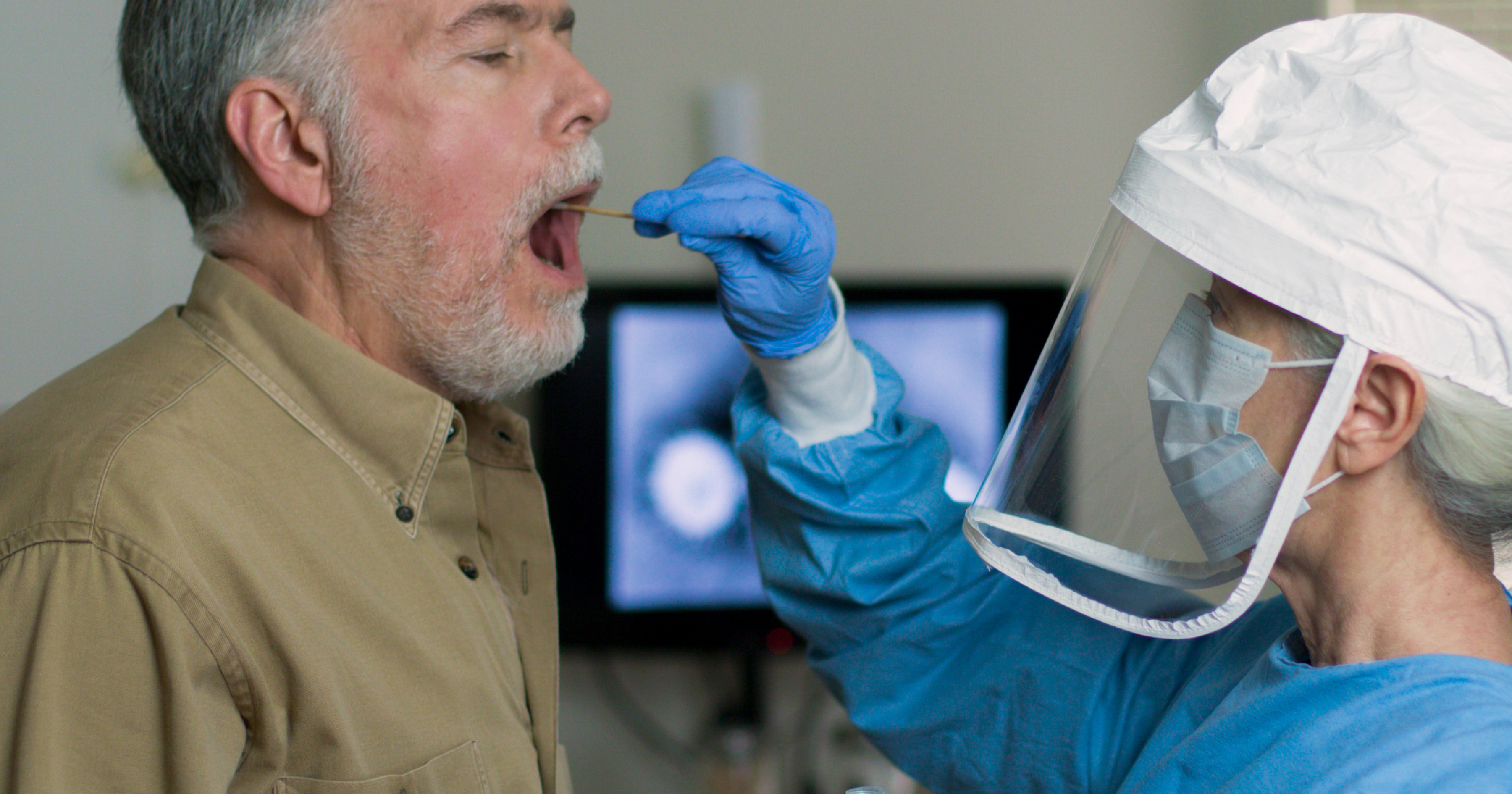ElsevierHealthcareSeries

My son gets tested for SARS-CoV-2 infection twice a week. Is he high risk? No, he is a 19 year-old college student and his school is doing in-person learning, with safeguards in place, including the twice weekly testing. How safe is this? How accurate is the test at detecting if my son is infected? What about the other students in his dorm? What would you say if I were your patient and I asked you these questions?
It’s not easy to find answers. There are many tests. I checked the school website to find out exactly which test kit they’re using. In this case, it is run by a research institute. The students do the test themselves, using a nasal sample as opposed to the gold-standard nasopharyngeal swab. What is the sensitivity and specificity of this particular test administered in this way?
As a parent and physician, I look at the FDA website, but I don’t get my answers. When I search the medical literature, I get 1385 hits on nasal vs. oropharyngeal swabs and 7195 on self-testing.
I don’t have the answers yet and I know that all the clinicians that subscribe to Elsevier digital content need the answers too.
This is the focus of my work as the Executive Editor-in-Chief of the Digital Content team. Answering clinical questions. But first I need to know what those questions are. The best way to do that is for me and the 60 clinician editors on our team to work through our clinical perspective at all times and to hear from our readers and end users.
So how do I go about answering the question about the accuracy of this test done in this way? I look through the medical literature, I pull out the best available evidence. I look through guidelines that have reviewed the available tests. I have the time to go through all this, it’s my day job. And when the answer is not available in published resources, I reach out to the Editor-in-Chief of our journal Vaccine or to the Editor of the book Mandell, Douglas, and Bennett's Principles and Practice of Infectious Diseases. That’s my network.
I was a full-time clinician for many years and I still see patients part-time. I know that clinicians in active practice don’t have the time or the access to get these answers quickly. I also know that the patient is waiting for an answer, expecting that “I’ll check that” will be followed up by a note or a call with the answer ASAP.
So, that’s what my team and I do every day. We work behind the lines to refresh ourselves on questions front line clinicians are facing and we do the leg work to get the answers.
When my son gets his test result, how reassured should I be? How reassured should any parent or patient be?
The best part of my work is sharing information with our readers, so they can have the answers when they need them. I am deep in the weeds of clinical information every day and still trying to find the answers we all seek.

MD, Vice President, Executive Editor-in-Chief, Digital Content
Cookies are used by this site. To decline or learn more, visit our cookie notice.
Copyright © 2025 Elsevier, its licensors, and contributors. All rights are reserved, including those for text and data mining, AI training, and similar technologies.